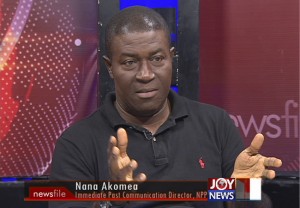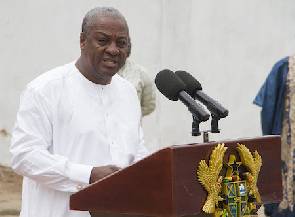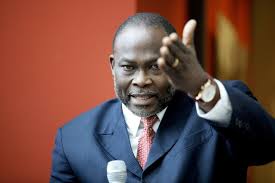 The New Patriotic Party (NPP) says the government has no justification to keep selling fuel to the public at exorbitant prices, when the price of oil has fallen significantly on the international market.
The New Patriotic Party (NPP) says the government has no justification to keep selling fuel to the public at exorbitant prices, when the price of oil has fallen significantly on the international market.
It says it is inexcusable on the part of the government for Ghanaians to continue to buy petrol at Ghȼ17 a gallon at a time when the price of crude oil has dropped from $100 to $60.
Director of Communications Nana Akomea said in a statement issued Monday, December 15, 2014, this continues to put the ordinary citizen in a more difficult situation as they endure increased cost of living.
“There is no doubt that the cost of living in recent times has been unbearable for the vast majority of Ghanaians, a direct result of the calamitous fall in the value of the cedi over the last three (3) years and the very high increases in the prices of water, electricity, petrol and the rate of VAT.
“At GHC15 a gallon of petrol in Ghana, oil was selling above 100 dollars a barrel, and the dollar was trading at an average of GHC3.80p. Since then, oil has fallen to about $60 a barrel, and the dollar is trading at an average of GHC3.20p”.
He said: “By these price movements, petrol should be selling around GHC13 a gallon. The current price of about GHC17 a gallon is, therefore, highly extortionate and inconsiderate of the hardships Ghanaians are going through”.
According to him, the excuse by government that it owes the Bulk Distribution Companies for forex losses, “is highly untenable because the forex losses are as a result of the government’s inability to maintain the value of the cedi”.
“Ghanaians have also not been told when these supposed losses will be fully covered,” the statement observed.
“The NPP calls on the government to as a matter of urgency, apply the automatic adjustment formula to reduce the price of petrol.
“The current hardships caused by the high cost of living are not sustainable. Ghanaians deserve some relief now by the immediate reduction in the price of petrol in accordance with the reduction in the prices of oil and the dollar”.





